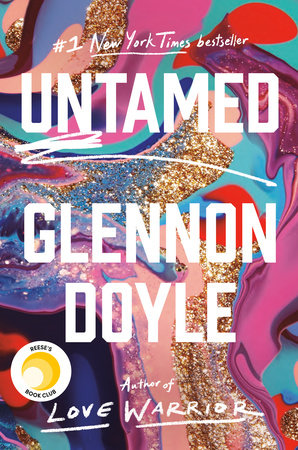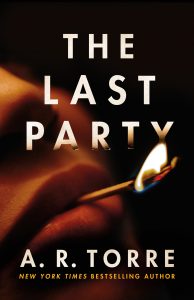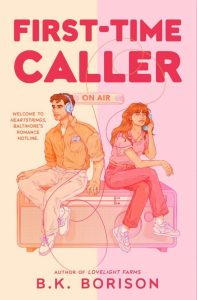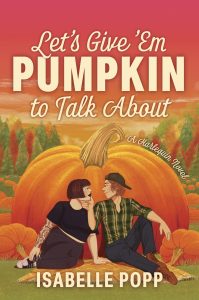
Glennon Doyle’s Untamed is part memoir, part manifesto, and very much a cultural lightning rod. It invites readers to question the habits and stories that keep them small, to set boundaries, and to live with a fiercer honesty. It also polarizes, sometimes sharply. Depending on your taste for confessional writing and big-swing declarations, this book will either feel like a liberating rallying cry or a lecture you are not in the mood to hear.
What the book sets out to do
At its heart, Untamed chronicles Doyle’s move from self-erasure to self-trust. She recounts recovery from addiction and bulimia, a marriage that was coming apart, falling in love with Abby Wambach, and learning to parent with clarity rather than people pleasing. The message is simple and loud: a responsible mother, partner, and human does not disappear for others, she models how to live fully. Chapters are brief, anecdotal, and designed to be underlined. The audiobook narrated by the author adds intensity, since Doyle performs her ideas with the conviction that made her a phenomenon.
Where the book soars
When Doyle stays close to lived experience, the pages crackle. Her reflections on raising a son to contribute at home, reframing achievement culture, and naming the quiet ways women internalize control are sharp and useful. She writes clearly about addiction and the cost of performing perfection, and she has a gift for sticky metaphors that reshape how readers think about bodies, anger, and desire. Many readers will find genuine fuel here for boundary setting, for saying no without apology, and for constructing a family culture that values reciprocity over resume.
Why it divides readers
Some readers hear a coaching voice that empowers. Others hear sermonizing. The same assertiveness that makes the book quotable can slide into absolutism, and a few anecdotes seem to flatten complex realities into tidy lessons. Critics also point to a me first tone that can read as self righteousness, along with contradictions across chapters and a tendency to prescribe rather than simply witness. If you bristle at being told how to think about politics, parenting, or phones at the dinner table, parts of this book may feel grating.
The craft and structure
Untamed is built from short vignettes that read like stand alone essays. This format keeps the pace brisk and maximizes punch line insights. It also means the book can feel repetitive or uneven if you prefer a traditional narrative arc. As a piece of voice driven nonfiction, it succeeds on momentum and quotability more than on depth of reporting.
Who will love it, who might not
If you enjoy Brené Brown style vulnerability, modern feminist memoir, or inspirational nonfiction you can dip into early in the morning or late at night, Untamed will likely work for you. If you prefer quiet reflection, sustained argument, or literary memoir that stays allergic to advice, you may find the tone too didactic.
Bottom line
Untamed is a crowd mover that will speak powerfully to readers hungry for permission to live differently. It is also imperfect and occasionally overbearing. Take what resonates, leave what does not, and you will still come away with a handful of reframes you can use in real life.
👉 Get your copy of Untamed here: https://amzn.to/4mZMTfI


